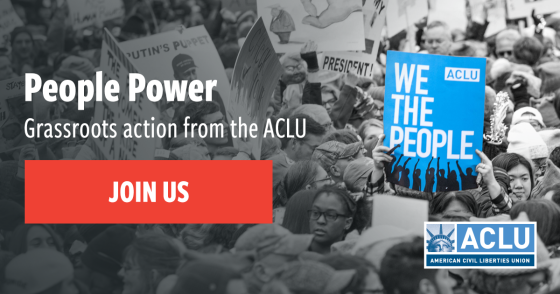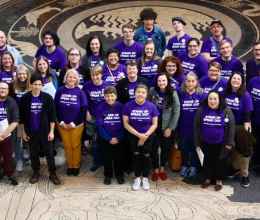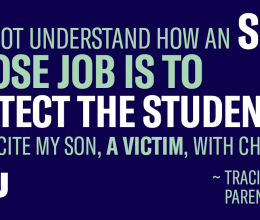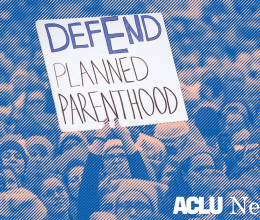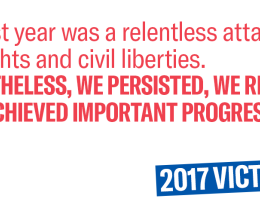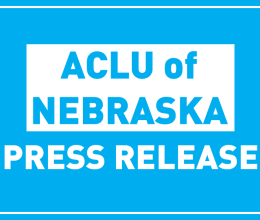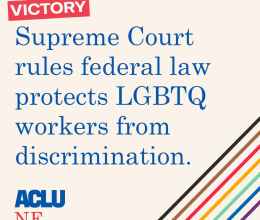
Lincoln's Public Safety Director and former Cheif of Police shared some thoughts on his blog in response to the shooting in Orlando. We repost with his permission.
One of the largest mass shootings in the history of the United States yesterday in Orlando has many public safety professionals thinking about what can be done in their local context. While some of the issues are national or even international in scope, there are some very good things we can do at the local level. Here are some thoughts that came to mind over the lunch hour. Although I think we have given all of these some attention, there is always room for improvement.
- We can improve our ability to collect, analyze, and when appropriate disseminate intelligence information. The may mean providing good training to police officers on what to be alert for, how to document suspicious activity, and so forth. We should not forget the community, either. We did a lot of work in the 1990s with landlords and retailers to make them aware of the kinds of activities that might be related to methamphetamine labs. The result was lots of tips that really helped. We need to do the same thing surrounding terrorism and radicalization. We also need to maintain or improve our analytical abilities. This means investing in software, system, and (most importantly) analysts needed to turn information into intelligence,
- We can participate in information sharing and joint agency operations. Participation in joint terrorism task forces, shared information platforms, and even just good informal relationships with our area law enforcement agencies will maximize our opportunities to connect the dots. We must avoid information silos and cultivate an environment of inter-agency collaboration.
- We can cultivate and maintain a good relationship with the LGBTQ community, developing personal relationships with opinion leaders, community members, business owners, and so forth. These citizens feel incredibly vulnerable in the wake of Orlando, and need to be assured that we take our duty to protect them seriously, and are committed to doing our best to vigorously investigate hate crimes and hold perpetrators responsible.
- We can cultivate and maintain good relationships with the Muslim community in our jurisdiction. They need to know that we are concerned for their safety and well-being, that we will protect them and the free exercise of their religion. We need to develop personal relationships of trust, so that Muslim citizens will feel comfortable contacting the police about when they have information we need to know about.
- We can train and exercise for active shooter events and mass casualty events. We can make sure that this training includes everyone that is likely to be working together in such incidents: law enforcement agencies, 911 centers, fire and rescue agencies, hospitals, etc.. We should train for a team effort, because if we ever have such incidents, they will undoubtedly involve all of us.
- We can train police officers in critical emergency care for traumatic wounds. We can make sure that officers have the basic equipment and training that might allow them to save a critically-injured victim before medical personnel can take over patient care.
- We can improve our ability to get life-saving emergency care to patients in danger zones. This will require improving communication between law enforcement personnel and EMS responders. We need to train together with enough regularity that we all understand how we will safely get patients out, and paramedics in, when the threat is still imminent, and the situation only partially stabilized. We need to practice communication, unified command, and collaborative operations in the mundane daily events, such as traffic crashes, so it is second nature when it is most needed.
- We can organize a multi-disciplinary threat management team, with expertise in assessing information and identifying the truly dangerous.
Early identification and rapid intervention are the most important components to prevention, and prevention is the paramount goal. Robust intelligence processes, information sharing, and good connections in the community are critical to intercepting terrorists before they can act.
